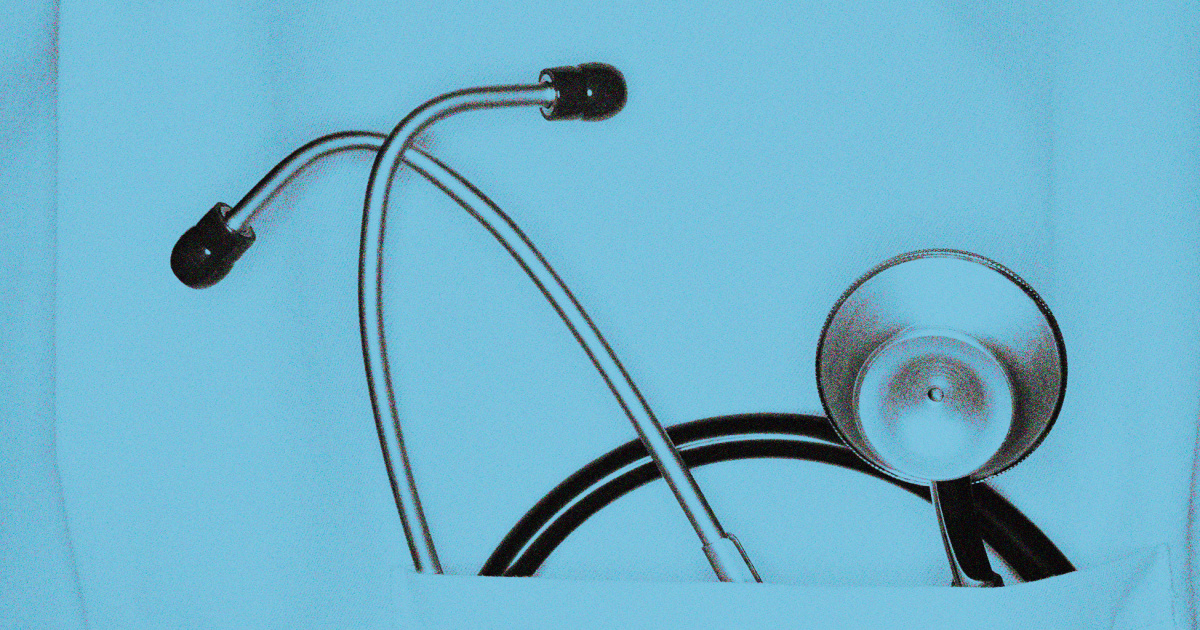
Throughout his career in medicine, David Yang, 32, says he’s acutely felt the impacts of his race. A Chinese American emergency medicine fellow at the Yale School of Medicine, Yang said he’s had slurs hurled at him by patients, faced racist comments tying him to Covid, and has been confused with his Asian colleagues.
He knew there were others who shared his experience, but he said meaningful research on the subject of anti-Asian racism in the medical field just didn’t exist. So he put forth his own study, and surveyed two dozen medical students.
What he found confirmed his suspicions, he said. Across Asian American groups, medical students reported experiencing racism frequently — and they said their schools didn’t do much to stop it.
“The conversations, the microaggressions, the discrimination that I had experienced were very much echoed,” Yang told NBC News. “All the participants I spoke to generally felt unsupported by the medical school, and felt that bringing it up would be costly for their medical training.”
A Pakistani American medical student who was surveyed told Yang that an attending physician in charge of him once made an Islamophobic joke at his expense in front of patients, saying, “He’s gonna get his buddies from the Taliban to come after you.”
For Asian women in the medical field, racism and sexism can both play a role in the way they’re treated in a clinical setting. One participant described a patient telling her, “You’re so pretty. You’re like a China doll.”
Anti-Asian rhetoric around Covid-19 has added another layer of racism for Asian medical students to push through on a daily basis, Yang said. When he was an intern, he was advised by his attending not to see a patient who came into the ER and had a negative reaction after an Asian-appearing person had coughed near them, he said.
For those surveyed, the discrimination has been overt. One Filipino American med student said a patient’s parent once complained, “I don’t want that [Asian] nurse taking care of my child because I don’t want my kid to get coronavirus.”
Other stories mirrored Yang’s experiences of mistaken identity. Students have even had their grades and reviews swapped, he said.
“We’re supposed to have these mentors for small groups that we stick with for four years, and it took one of them the whole first year to be able to tell me apart from the other East Asian guy there,” one participant said.
Compounding the pain inflicted is a lack of support structures for Asian medical students, Yang found. Many surveyed said they didn’t know where to turn for help or were shut down when they expressed concern to their school’s officials. “I don’t know what it means to have this part of my identity supported,” a participant said.
Similar studies have found that other minority medical professionals face a similar landscape when trying to get jobs and in their daily interactions at work. One report detailed the experiences of Black doctors, finding that they are often marginalized at work and in recruitment processes but used as tokens for diversity initiatives.
Black physicians and advocacy organizations told The Associated Press that bias is augmented by the stress of a medical environment.
“Too many of us are worried about retaliation, what happens when you say something,” Dr. Rachel Villanueva, president of the National Medical Association, which represents Black doctors, told the AP last year. “We have scores of doctors that are sending us letters about these same discriminatory practices all the time and seeking our help as an association in fighting that.”
In the emergency room, Yang says hearing slurs from agitated patients has become a common part of his work life. But, as a doctor, he says his only option is to bear it and continue doing his job.
“These racial slurs happen, unfortunately, quite often,” he said. “But you kind of have to let that go and really focus on prioritizing patient care.”

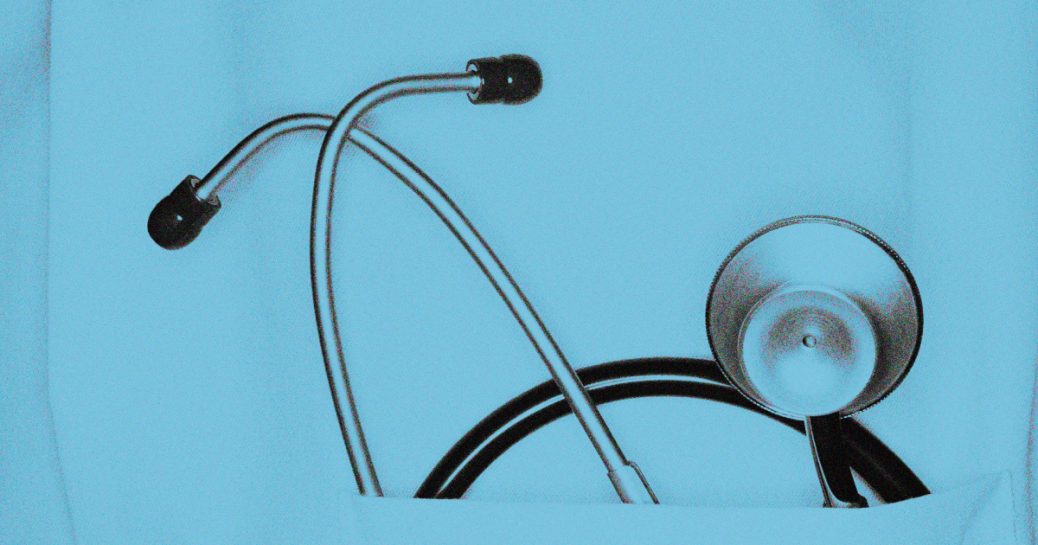


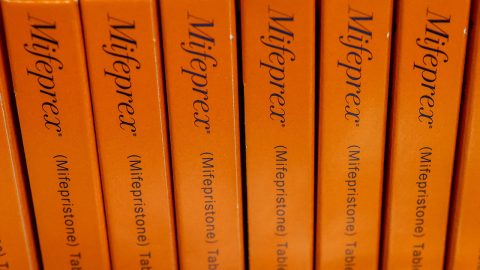
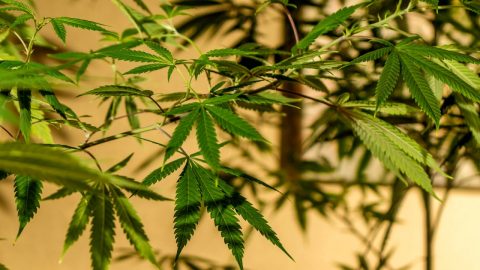


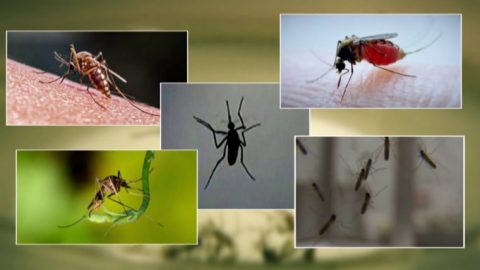
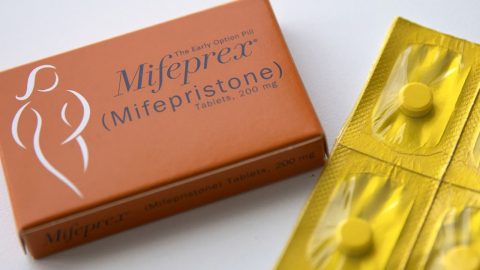
Recent Comments